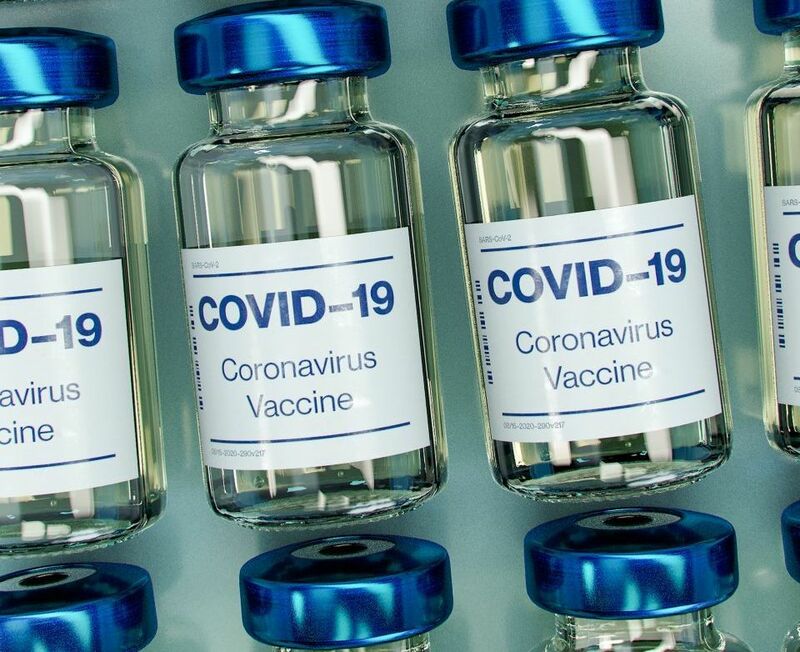
After trouncing the broader markets between 2004 and 2015, Gilead Sciences (GILD) has underperformed significantly in the last eight years. By the numbers, Gilead Sciences stock rose 1,550% between February 2004 and August 2015, when it traded near all-time highs. Today, the healthcare giant is down about 41% from record levels, valuing the company at a market cap of $89 billion.

However, the pullback in GILD's share price to trade near 52-week lows could be an opportunity to buy this quality stock at a discount, and benefit from its dividend yield of 4.28%. Let’s see if Gilead Sciences stock should be part of your equity portfolio in 2024.
Gilead Sciences Misses Earnings Estimates in Q4
Gilead Sciences is a biopharma company that develops and commercializes medicines in the U.S. and other international markets. In Q4 of 2023, Gilead reported revenue of $7.115 billion, a decline of 3.7% year over year. Its adjusted net income stood at $1.72 per share, up from $1.67 per share in the year-ago period. Revenue narrowly surpassed consensus expectations, while EPS fell short of forecasts for $1.76 per share.
The company's revenue decline was associated with lower sales for its COVID-19 and HIV products, partially offset by higher sales in the oncology segment. If we exclude sales of Gilead’s COVID-19 products, sales would have risen by 7% year over year.
For fiscal year 2024, Gilead forecast sales between $27.1 billion and $27.5 billion, with adjusted earnings between $6.85 per share and $7.25 per share. Analysts forecast 2024 sales at $27.7 billion, with earnings at $7.24 per share - much higher than the company’s midpoint estimates.
Is GILD a Buy for Its High Dividend Yield?
Gilead Sciences pays shareholders a quarterly dividend of $0.77 per share, translating to a forward yield of 4.28%. In the last eight years, these payouts have risen by 80%. The company reported a free cash flow of $5.4 billion in Q4 and paid dividends worth $937 million in the quarter, indicating a payout ratio of less than 20%.
This indicates that Gilead Sciences has enough cash to reinvest in research and development, strengthen its balance sheet, target accretive acquisitions, and raise dividends higher.
Gilead's Big-Ticket Acquisition
Earlier this month, Gilead Sciences disclosed its intention to acquire CymaBay Therapeutics (CBAY) for $4.3 billion, allowing it to gain access to an experimental liver disease treatment with large-scale potential.
Gilead expects the experimental drug, known as seladelpar, to generate $1.9 billion in annual sales by 2029, allowing the company to diversify its revenue base. Right now, Gilead Sciences depends on its HIV segment to drive sales, where it enjoys a 47% market share in the U.S.
What is the Target Price for Gilead Sciences Stock?
Analysts tracking GILD stock expect its earnings to grow by 5.1% annually in the next five years. So, priced at 10 times forward earnings, GILD stock is quite reasonably valued, if we account for its tasty dividend yield.
Out of the 21 analysts covering GILD, 11 recommend “strong buy” and 10 recommend “hold.” The average target price for GILD stock is $87.30, indicating an upside potential of 19.8% from current levels.








